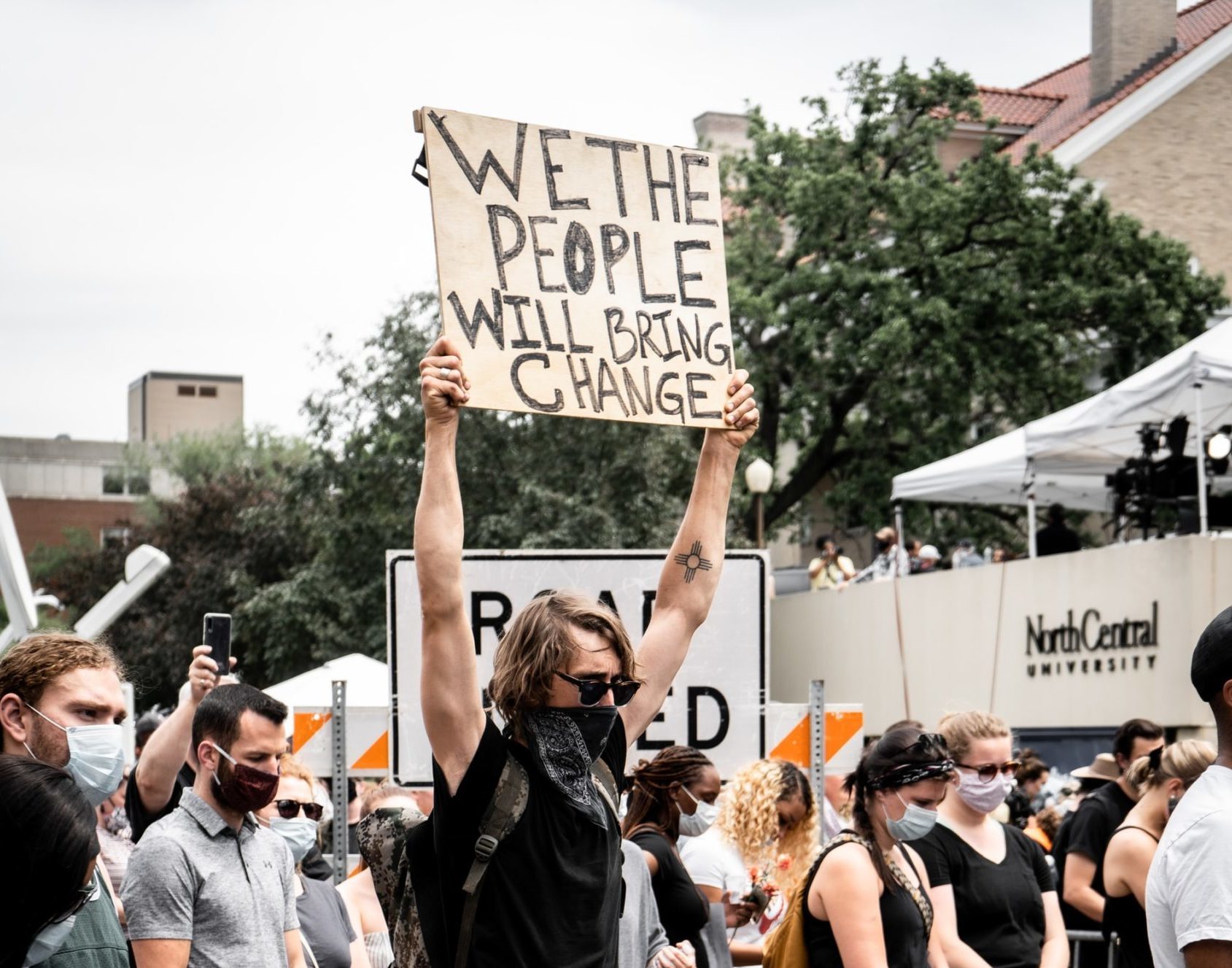By Dan W. Osborne -
In this post I would like to continue to build upon the topic of productive disagreements discussed in the last post titled “The Difficulties of Constructive Conversations”
I’d like to focus on a true story from Peter Coleman’s book The Way Out.
Many years ago the city of Boston, Massachusetts was tearing itself apart over the issue of abortion. There were violent demonstrations and great civil unrest over the deep divisions this topic created. Sadly, one day a mass shooting took place in several abortion clinics in Boston and some people were killed. This event prompted an experiment to try and “turn down the heat” on the situation.
A group of women community leaders were asked if they would be willing to meet in the strictest confidence and try to work together to find some common ground on this issue. Three of the women were pro-choice and three were pro-life. While the talks were meant to last only a few weeks, they actually wound up meeting for six years in total secrecy.
When they finally shared with the world the outcomes of their efforts, there were several surprises.
As Coleman writes:
“The talks had several extraordinary effects. First, after years of painful but increasingly constructive dialogue— learning about the others’ personal lives, courage, and integrity and working collaboratively to avoid further violence in the community— the women nevertheless found themselves even more polarized over the issue of abortion. That’s right. Ironically, by agreeing to drop their inflammatory rhetoric and to speak personally and precisely about their feelings on the issues, the participants all learned more about their own principles and eventually found themselves even more deeply committed to their original position.”
You might think that after such a “failed” result, the women would never want to see each other again! However that was not the case.
“To this day, twenty-five years later, the group continues to get together occasionally to provide support to one another during times of loss and to celebrate joyous occasions. When Susan Podziba was asked recently how this is possible, she remarked simply, “We share much more than we differ.””
I think this is the real takeaway here. If we allow our definition of “successful dialog” to be limited to how much agreement we achieve, we may be missing the big picture.
After all, do we really want all people to agree on all issues so we have social peace and harmony? Is that the ultimate goal? It’s a ridiculous idea isn’t it? Most of us appreciate different perspectives and understand that there is much value in diverse opinions.
So ultimately, what represents the best possible outcome? I would like to suggest that it’s in discovering that “we share much more than we differ”. By realising this, we can sometimes achieve even more than finding common ground on any one particular issue.
Does that mean that when you encounter difficulty finding common ground you should just switch the topic? No, some issues need to be discussed for everyone’s benefit and there are many skills required to maximise one’s effectiveness in this endeavour. But, I think it’s enormously helpful to realise that even if, after all your best efforts, you still find little common ground, there are many valuable benefits that may flow from your efforts.
Coleman points out that a journalist writing about the long term effects of the Boston experiment said:
“Despite the fact that the leaders made little progress in reconciling their ideological differences over the issue of abortion, they nevertheless transformed their relationships, enhanced their own understanding of the dilemmas inherent to their own positions, helped to stem violence in their community, and quieted the rhetoric and contempt affecting the larger ethos around both movements.”
That’s quite a few “wins” from a “failed” dialog.
Let’s remember the “Boston experiment” the next time we feel we are wasting our time and energy trying to talk to someone about an issue where we have strongly opposing views.
If we decline to engage, we may be adding to the increasing polarisation and intolerance that ensures that our society becomes ever more uncivilised.

